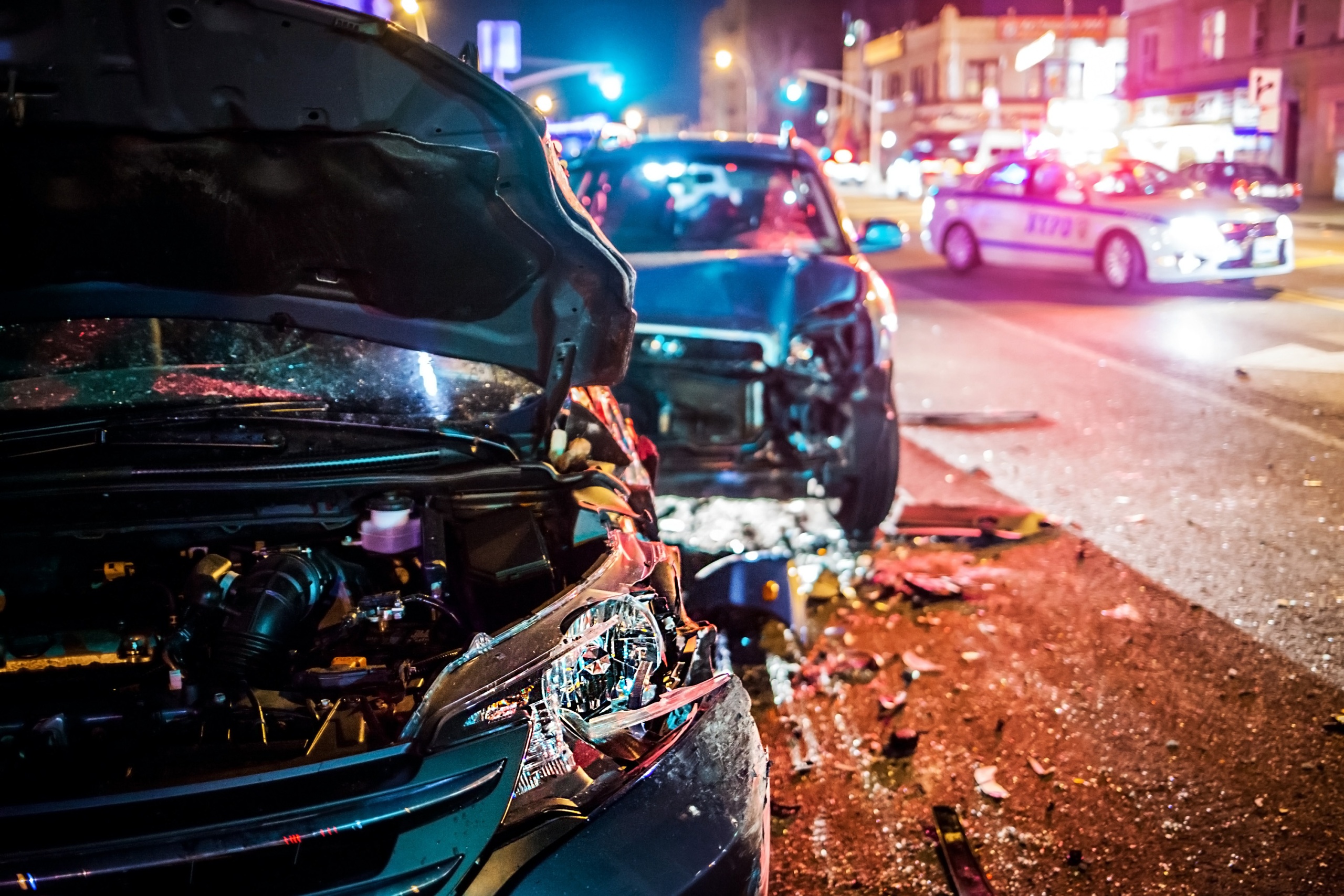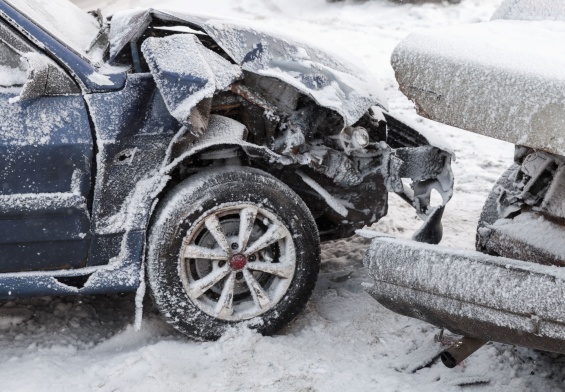Picture this: You’re driving home when another car runs a red light, clipping your vehicle. Shaken but seemingly unharmed, you apologize out of instinct, skip calling the police, and accept a quick settlement from the insurer. Weeks later, nagging back pain emerges, but your claim is denied because you didn’t document the scene or seek immediate medical care. In 2025, with over 6 million car accidents reported annually in the U.S.—a 3% increase from 2024—these mistakes are all too common and can cost you thousands in medical bills, lost wages, and pain compensation.
Avoiding post-accident errors is critical to securing fair compensation, especially in high-accident states like Florida (125,000 crashes yearly) and California (200,000 crashes). This guide explores the most common mistakes that weaken car accident claims, why they matter, and actionable steps to protect your legal rights. Whether you’re a commuter, gig driver (check our guide on gig worker rights for delivery-specific claims), or occasional road-tripper, these insights can save you from costly pitfalls.
Note: This is general advice based on reliable sources—always consult a personal injury attorney for your case.
Why Avoiding Mistakes Matters
Mistakes after a car accident can turn a winnable claim into a denied one, leaving you to cover expenses out of pocket. In 2025, with inflation driving up costs, the average car accident settlement ranges from $20,000 to $50,000 for moderate injuries, but errors like delaying medical care or admitting fault can slash payouts significantly. Insurers are quick to exploit these slip-ups, using them to argue lack of evidence, shared fault, or non-serious injuries, especially in states with comparative negligence laws where your award drops by your percentage of fault.
The stakes are high in regions like Florida and California, where dense traffic and complex no-fault laws (e.g., Personal Injury Protection [PIP] requirements) complicate claims. For gig workers, such as Uber or DoorDash drivers, mistakes can also interact with platform policies, affecting protections like wage recovery. Avoiding these errors ensures you don’t lose out on compensation for medical costs (average $5,000–$15,000 for minor crashes) or lost income (often $5,000–$10,000 per claim). Understanding these pitfalls is your first step to a stronger case.
Top Mistakes That Hurt Your Car Accident Claim
Legal experts consistently highlight several errors that sabotage claims. Here are the top five, with tips to avoid them.
Not Seeking Medical Attention Promptly
Adrenaline can mask injuries like whiplash, concussions, or internal trauma, leading many to skip a doctor’s visit. In 2025, with telemedicine making access easier, delaying care is a costly mistake. Insurers may argue that untreated injuries aren’t accident-related, weakening your claim’s causation proof. For example, whiplash symptoms may appear days later, but without prompt records, insurers can deny coverage.
Tip: Visit an ER, urgent care, or telehealth provider within 24–72 hours, even for “minor” pain. Document symptoms, diagnoses, and treatments to build a paper trail.
Failing to Document the Accident
Not photographing the scene, collecting witness contacts, or filing a police report leaves you vulnerable. Without evidence, it’s your word against the other driver’s, and insurers favor minimal payouts. Police reports are critical in court, especially in no-fault states like New York, where PIP claims require documentation to pursue further damages.
Tip: Take 20+ photos of vehicle damage, road conditions, and injuries. Collect witness names and numbers. File a police report, even for minor crashes—apps like CrashDetective can organize evidence.
Admitting Fault or Apologizing
Saying “I’m sorry” or discussing fault at the scene can be twisted as an admission of guilt, especially in at-fault states like Texas or California. Under comparative negligence, even partial fault (e.g., 20%) reduces a $50,000 settlement by $10,000. Social apologies are often misinterpreted, weakening liability arguments.
Tip: Exchange insurance and contact info politely but stick to facts. Let police, insurers, or lawyers determine fault based on evidence.
Accepting a Quick Settlement
Insurers often offer lowball settlements days after a crash, before you know the full extent of injuries or costs. Accepting waives your right to future claims, which is risky since medical expenses (up 5% in 2025) or long-term issues like chronic pain may emerge later. For instance, whiplash treatments can cost $10,000+ over time, far exceeding initial offers.
Tip: Wait until maximum medical recovery (MMR) to assess damages. Consult a lawyer before signing any settlement agreement.
Not Reporting to Your Insurance
Failing to notify your insurer within policy deadlines (often 24–48 hours) risks claim denial, even if you’re not at fault. This jeopard of mistake could jeopardizes uninsured/underinsured motorist (UM/UIM) coverage for hit-and-runs or underinsured drivers, which 1 in 8 drivers lack.
Tip: Report the accident via your insurer’s app or hotline immediately, providing basic details without speculating on fault or injuries.
How to Protect Your Claim
Taking the right steps post-accident builds a strong case and counters insurer tactics.
- Immediate Actions: Ensure safety by moving vehicles if possible, call 911 for a police report, and exchange driver info (license, insurance, contact) without discussing fault.
- Documentation: Keep a daily journal of injuries, pain levels, and missed work. Save all receipts (medical, repairs, rentals) and medical records. Use apps like Evernote for organization.
- Professional Help: Hire a personal injury lawyer for cases involving serious injuries (e.g., over $10,000 in damages) or disputes. Avoid posting about the accident on social media—insurers monitor posts to dispute claims.
State-Specific Considerations
Car accident laws vary by state, impacting how mistakes affect claims. In no-fault states like Florida and New York, Personal Injury Protection (PIP) covers initial medical and wage losses (up to $50,000 in FL), but failing to document can limit lawsuits for serious injuries. In at-fault states like California and Texas, proving the other driver’s negligence is key, and errors like poor documentation weaken your case.
In 2025, new laws add complexity. California’s stricter distracted driving penalties (fines up to $500 for phone use) increase fault disputes, while New York’s $19.96/hr minimum for gig delivery drivers supports wage-loss claims for app-based workers. Each state has a statute of limitations (2 years in CA, 4 in FL) for filing claims—missing this voids your case.
Tip: Check your state’s DMV or legal aid site for deadlines and local rules.
Conclusion
In 2025’s rising accident landscape, avoiding mistakes like delaying medical care, skipping documentation, or accepting quick settlements is critical to securing fair compensation. Act fast: Call 911, seek medical care, document everything, and consider legal help for complex cases. With settlements averaging $20,000–$50,000, these steps protect your financial recovery.




